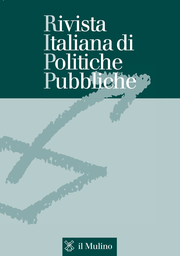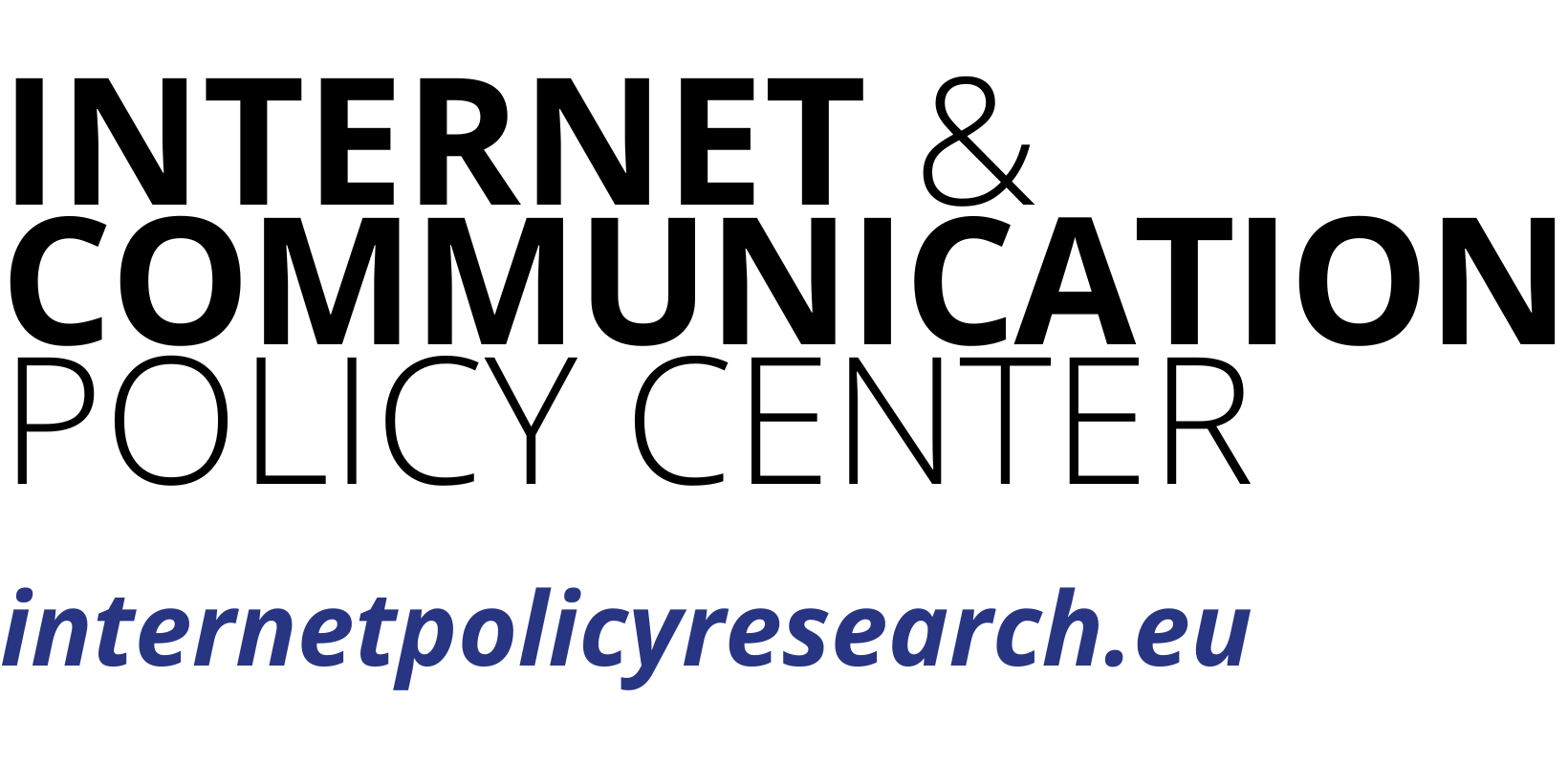A digital constitutionalism framework for Ai: security and fundamental rights in the Ai Act

Nicola Palladino
Abstract
Ai is increasingly crucial in everyday life and social relations, raising both expectations and concerns. There is a growing consensus regarding the need to establish a trustworthy and human-centric framework to unlock the full potential of this technology. As a result, we are witnessing a proliferation of initiatives aimed at creating ethical codes for Ai development. However, many studies highlight concerns about a «principle-to-practice» gap, noting that Ai developers and deployers often struggle to ensure the effectiveness and enforcement of the principles they adhere to. This article seeks to bridge the gap by combining the approaches of Societal constitutionalism and Science and technology studies. It aims to provide a digital constitutionalism framework for Ai ethical governance, advancing the discussion on how to incorporate ethical and human rights standards into the socio-technical design of Ai systems. By analyzing the case of the Artificial intelligence act, the article illustrates the roles and responsibilities of various actors in translating fundamental rights into technical and organizational arrangements. It emphasizes the significance and concerns surrounding a hybrid constitutionalization process.



Comments are closed, but trackbacks and pingbacks are open.